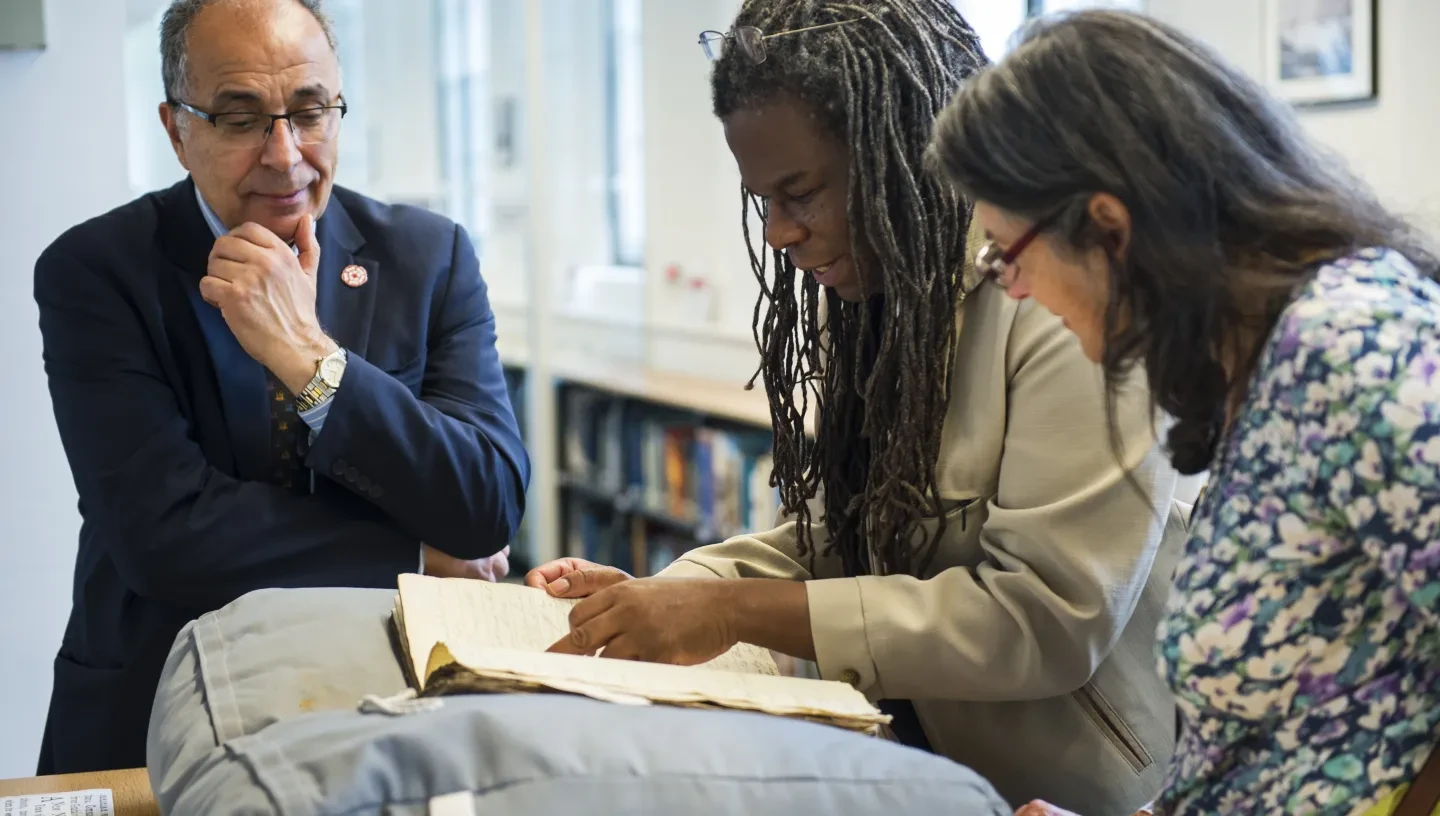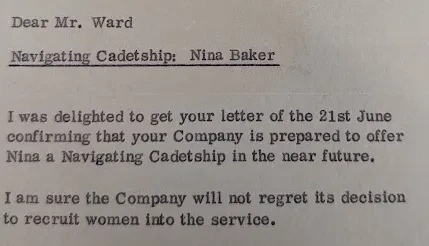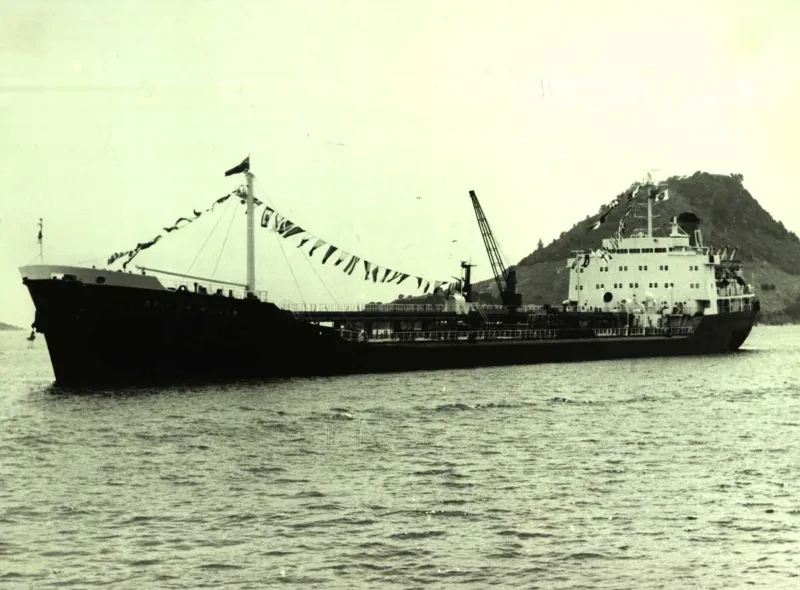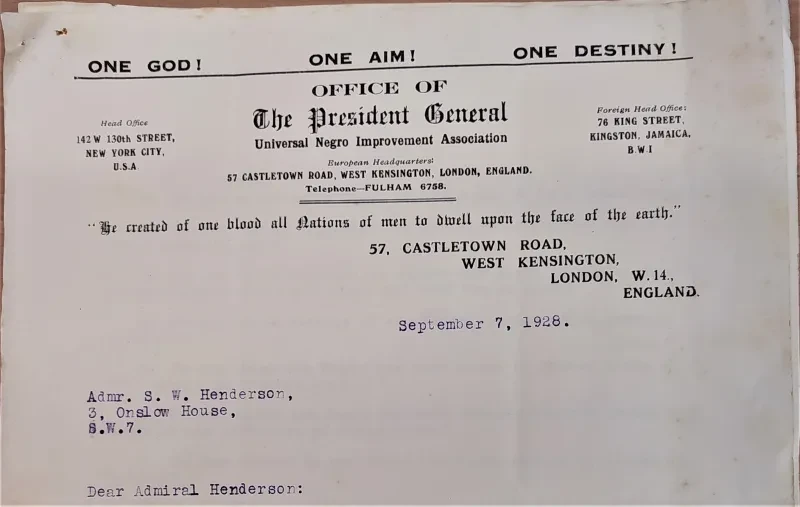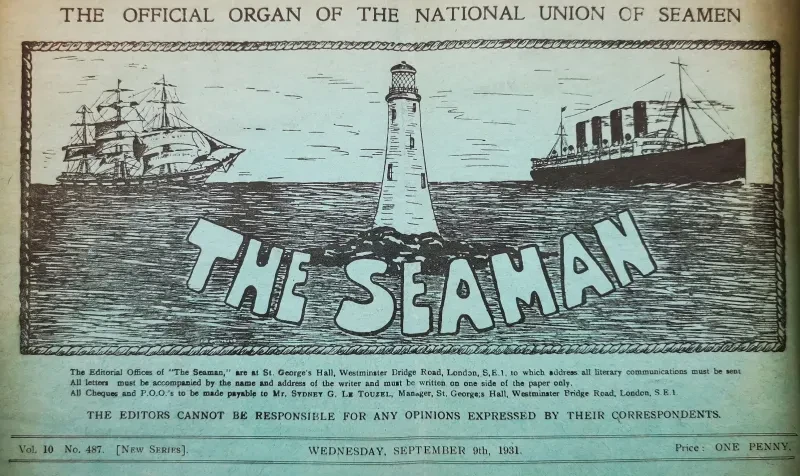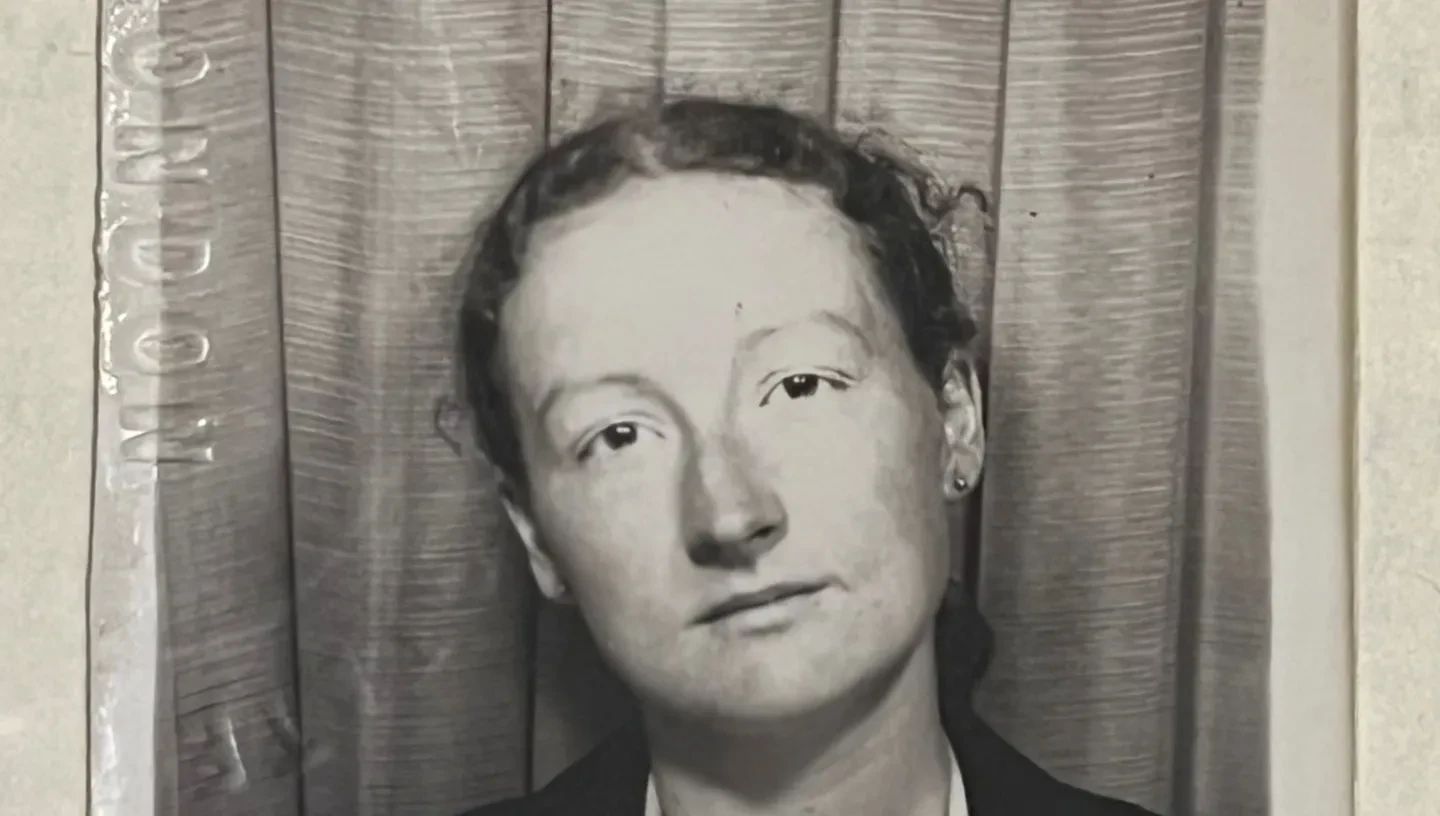
Learn about Dr Nina Baker’s struggle to become one of the first women navigation officers in the British Merchant Navy
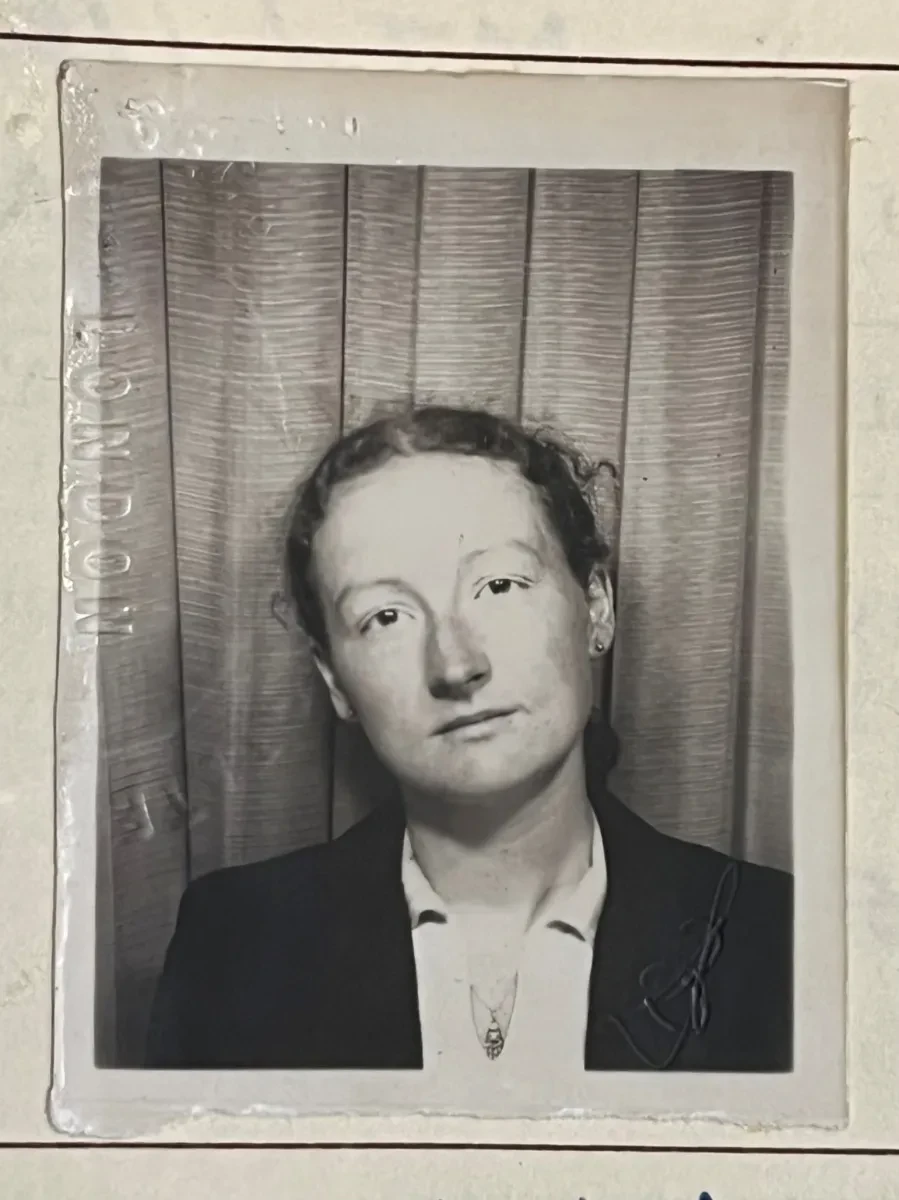
Nina Baker’s journey to becoming one of the first women to serve as a navigation officer is one of perseverance, resilience, and groundbreaking determination. Shelia Edmonson had made history as the first navigation officer cadet in 1967, and Nina followed in 1972.
At a time when the maritime industry was dominated by men, Nina's story stands as a testament to what it takes to shatter glass ceilings and change the narrative for future generations of women.
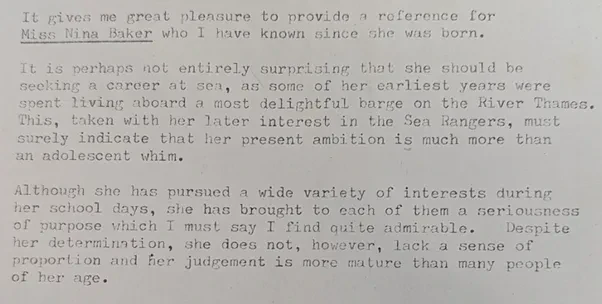
Nina Baker’s early childhood likely played a crucial role in shaping her determination and resilience. Growing up, she was surrounded by family and community that supported her ambitions. Nina Baker’s early childhood was marked by an environment that nurtured her love for the sea. Growing up on the Thames, she had a natural connection to the water, which sparked an early fascination with ships and navigation. Her proximity to one of the world's busiest waterways exposed her to maritime life from a young age, and this likely fuelled her ambition to pursue a career in the industry.
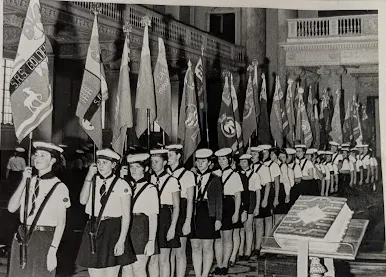
School trips and training cruises offered her the opportunity to board training vessels for week-long experiences. These trips were not just educational but gave her first-hand exposure to life at sea, deepening her understanding and passion for navigation. Further determined for a career on the sea, Nina joined the Sea Rangers, taking every opportunity to show her passion.
The struggle to be hired
Nina Baker was not born into a world that welcomed women into the traditionally male-dominated maritime profession. As early as her childhood, she had an affinity for the sea, but it was far from a conventional career choice for women. The maritime world of the twentieth century was notoriously exclusionary, with women seldom seen on the bridges of ships, let alone as navigation officers. Despite the challenges, Baker was undeterred by societal norms that relegated women to behind-the-scenes roles.
The initial struggle for Baker began even before she stepped foot onto a ship. When she applied for the position of navigation officer, she faced multiple rejections. Organisations like the Royal Fleet Auxiliary and Mobil replied to Baker's enquiries informing her that they had no vacancies for women in their respective fleets (BAKR/2/12).
Despite Baker's extensive experience aboard ships during her schooling, her hands-on experience and passion for sailing were frequently disregarded in favour of traditional expectations. The maritime industry was generally resistant to hiring women for prominent roles, with many doubting their ability to handle the demanding physical and intellectual tasks required in navigation.
Baker’s application process was a test of patience and perseverance. She had to navigate a maze of prejudice and closed doors that seemed insurmountable. It was not simply her lack of experience that was held against her; it was the very idea that a woman could excel in this domain that was unfathomable to many.
Breaking through the glass ceiling
Despite the obstacles, Nina’s persistence eventually led to a breakthrough. After facing numerous rejections, P.S. Ward at BP recognised her qualifications and dedication, offering her a Navigating Cadetship - and the chance to become the first female navigation officer in the company's history (BAKR/2/14).
This was a significant moment, not just for Baker, but for the industry as a whole. As Nina’s father, Ian Baker, wrote in a letter to P.S. Ward: 'I am sure the Company will not regret its decision to recruit women into the service.'
Her role as a navigation officer was not without its challenges. As one of the few women in such a prominent position, she faced scepticism from some of her colleagues. However, Nina’s focus, technical expertise, and passion for the sea allowed her to demonstrate her capabilities and earn the respect of those around her.
Baker’s achievements soon began to generate press interest, with several stories featuring her studies and training appearing in print. Some of these newspaper clippings have been kept in scrapbooks (BAKR/4/6 and BAKR/4/8).
Nina Baker’s career did not just mark a personal triumph; it played a pivotal role in reshaping the maritime industry. Her success challenged long-held assumptions and set an important precedent for women in a field once thought to be off-limits. As she continued to excel in her role, Baker became a role model for young women aspiring to work in maritime professions, proving that women could hold high-level, technical positions traditionally reserved for men.
Her pioneering achievements were instrumental in opening doors for women to pursue careers as officers, engineers, and captains, roles which were once seen as unattainable. Baker's ground-breaking work laid the foundation for further progress and contributed to the gradual but steady transformation of the maritime sector into a more inclusive and diverse industry.
Through her resilience and leadership, Nina not only navigated the course of her own career but also charted a course for others to follow. Her legacy serves as a reminder that barriers are meant to be broken, and that with determination, passion, and a commitment to excellence, individuals can change the course of history and create a lasting impact in their fields.
All are welcome to view Nina Baker’s recently catalogued archive at the Reading Room of the Caird Library and Archive. The papers are held under the catalogue collection reference BAKR.
You can explore more about the history of women in merchant shipping through a timeline created by Dr Jo Stanley for the Heritage and Education Centre at the Lloyd's Register Foundation.
